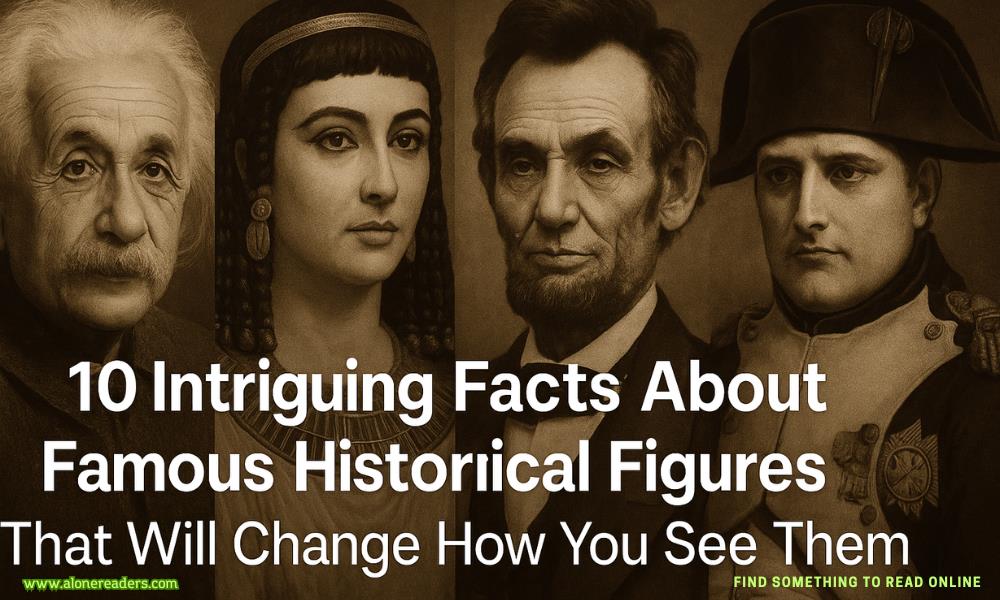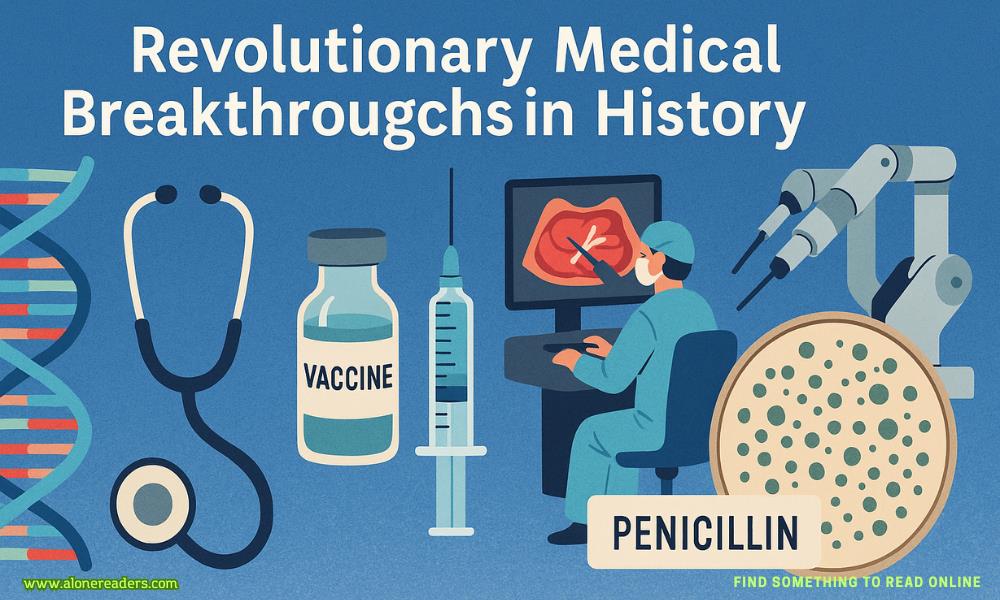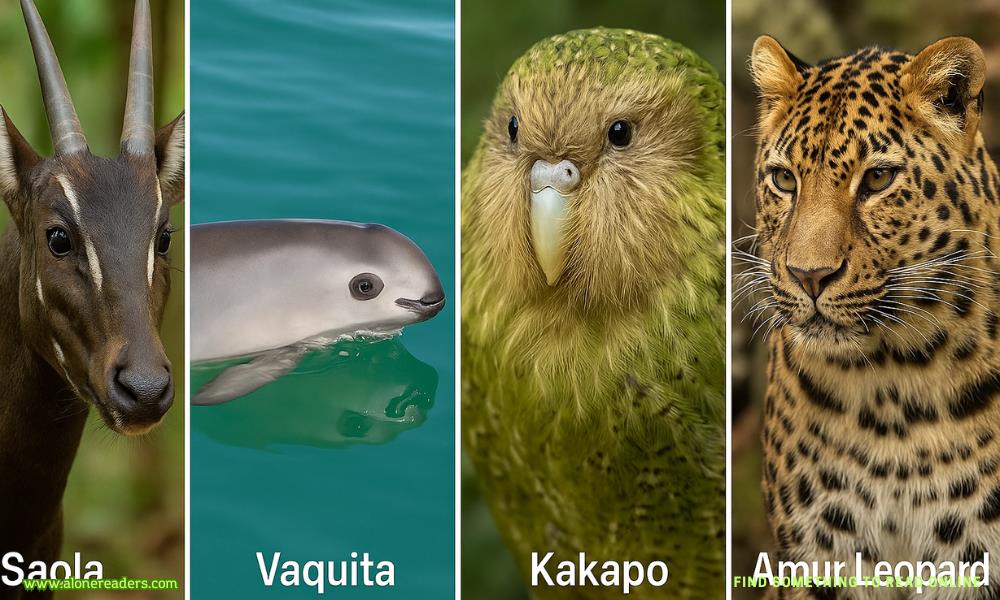Page 97 of Jackie
“I needed to see you,” he’ll say.
It feels unfamiliar—that he’ll use that word often now—need.
He comes every weekend. If he can, he’ll fly up midweek as well, something he’s never done before. I watch him nap in the afternoons. I see the subtle tremble on his face, like light circulating in water, the softness and uncertainty. It feels new, vulnerable, open. I want to trust that openness. I can’t quite. I keep feeling I’ll go to reach for him and he’ll do that quick cold thing and shift away. I keep waiting for it to happen, to mark it to tell myself, See, there it is again, the heartbreaking same old routine. I keep waiting for that to come, but it doesn’t, as if this dark singular loss, the baby he held as it died, the horror of being the one who bore witness, who lived it, has thawed something in him all the way through.
One weekend he comes up a day early and brings a cocker spaniel puppy with a gold-shamrock-studded collar; her name is Shannon.
I smile. “Because we aren’t already swimming in dogs?”
We’re alone in the house. I ask about his week, just an ordinary conversation, the kind we’ve had a thousand times. He says something about being at the end of his rope with Rusk.
“Who would you replace him with?”
“Bundy. Or McNamara. The press has already dubbed the Pentagon as McNamara’s, why not bring him closer in.”
I nod.
“And Johnson wants more of a role,” he says.
“That could be a good thing.”
He talks about an emerging crisis in Vietnam. “We don’t take the time to learn how they see us.” He tells me about the March on Washington for Jobs, his concerns about violence. “Not dissimilar,” he adds, “when the face of racism in the South is something we, in the North, can’t fathom because we don’t take the time to learn.”
“Maybe we don’t want to,” I say. He starts to answer, then doesn’t. I’ll bring it up again down the road. I know he suggested to Bobby they try to shut the march down, and Bobby told him that you can’t shut this kind of thing down. He’s looking at me now, not saying anything. It feels startling—that foreign and intimate sense of him fully present, with me, his mind nowhere else, not moving on to some next thing, an openness in his face like he’s saying he has begun to realize these things will work out. One way or another, they’ll work out.
That slight life. Patrick, the curious mixture of the two of us—his life a drop of water or a falling star, dissolving into dark.
The phone rings. He takes the call. He’s silent for the most part, listening to someone on the other end who is reading a memo draft. From time to time he interjects, questioning a phrase. It’s about Vietnam, a response to rumors of a coup led by South Vietnamese Army generals against the autocratic ruler, Ngo Dinh Diem. Diem, I know, is considered a defense against the Vietcong and communism. Ostensibly an American ally, he’s also fickle, obdurate, cruel. Jack has told me Diem can’t be trusted.
“Choose between two evils,” he says now into the phone. “What choice do we have?” He says something about how he’ll support a memo as long as McNamara and Rusk sign off.
Last week, there was a story in the papers about a Buddhist monk who soaked himself with gasoline, struck a match, and burned to death in a Saigon Public Square.
I slip out of the room and go to find the children. They’re in the kitchen eating diced apples they picked earlier that day.
…
I write to Bill Walton.
Dear Baron…
I write to him about the things I am looking forward to this fall—our work together on Lafayette Square, the renovation of Blair House, plans for a state dinner for the king of Afghanistan. I tell him it seems odd to look forward to anything after what Jack and I just went through.
I don’t write, I miss Patrick. He was less than two days old. I never held him. I think about that and try not to. I have been so very sad.
I ask Bill to visit the studio of that artist in New York, Elaine de Kooning, who is painting Jack. I’m curious to know what she’s done with him so far. Then I ask for his advice about the White House guard boxes. I tell him I was thinking they should be painted dark green but I’m afraid they’ll look too much like outhouses. I write that knowing it will make him laugh. I set down the pen. There’s a cable on the desk that arrived yesterday. A message from Lee with an invitation from Aristotle Onassis for a cruise in the Aegean. I mentioned it to Jack. He shook his head. “That man’s a pirate.”
—
On Labor Day weekend, Jack tells me he’s planning a trip to Cambridge in October to look at a site for the presidential library.
“When this is all over,” he says, “I’ll have an office there.”
“When what is all over?”
“This public life.”
I tell him then I’d like to go to Greece with Lee.
- The Prince's Secret Twins by Elizabeth Lennox
- Tangled Desires by Tory Baker
- At the Edge of Surrender by A.L. Jackson
- A Touch of Fate by Cora Reilly
- Untouchable Love by Lucy Darling
- After Hours by Caitlin Crews
- Shelter from the Storm by Mari Carr
- Someone Knows by Vi Keeland
- Hawk by Fiona Davenport
- The Silencer by Brooke Summers
- The Beat of her Heart by Emily Hayes
- The Neighbor's Son by K. Webster
- Vasily the Hammer by C.B. Alice
- Convenient Vows by D.C. Beks
- Wrapped in Silver by Sara Vice
- Ruined By Capture by Sherry Blake







